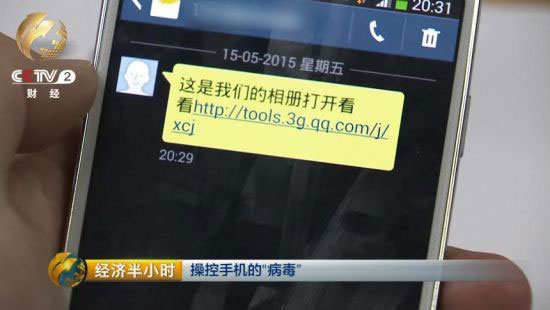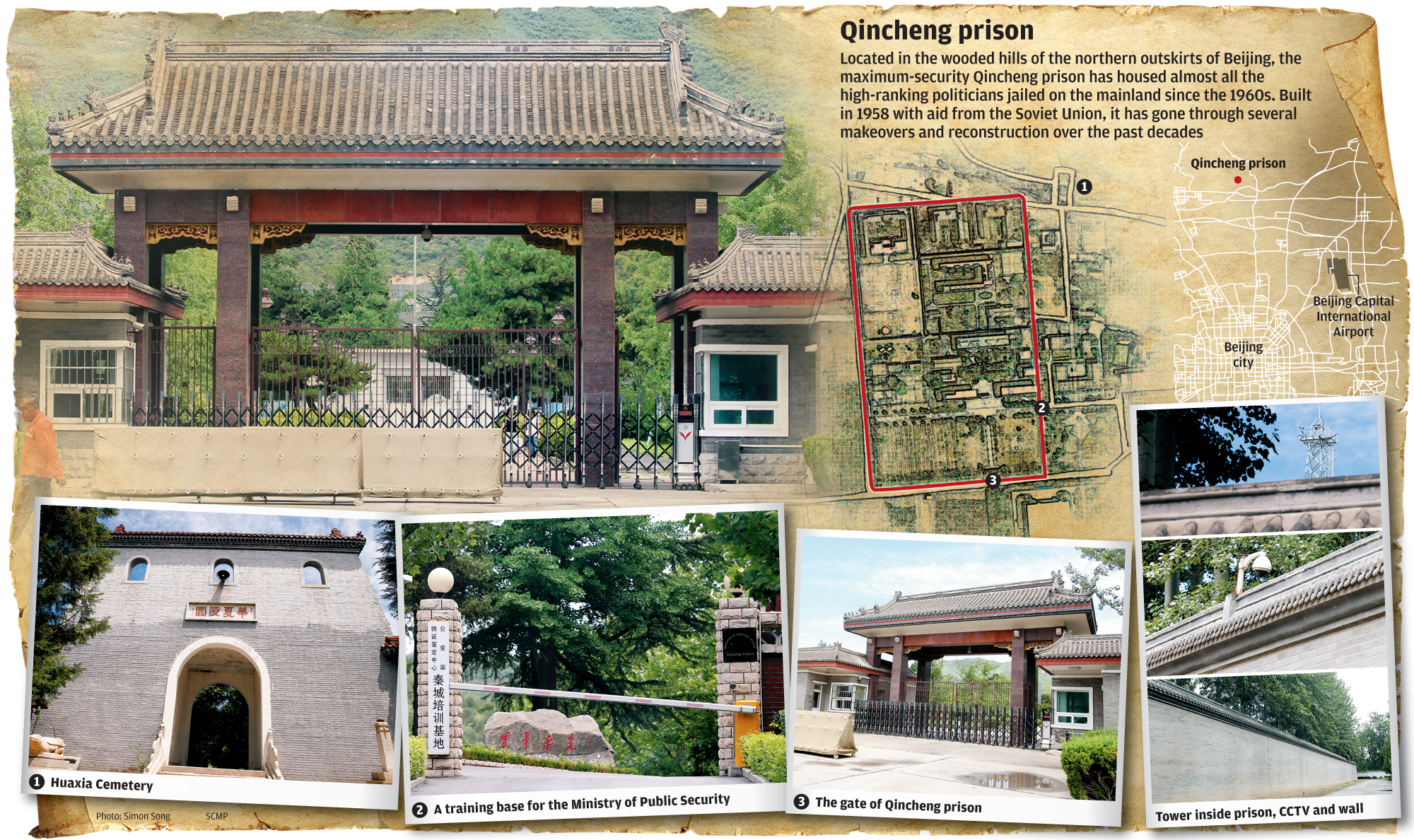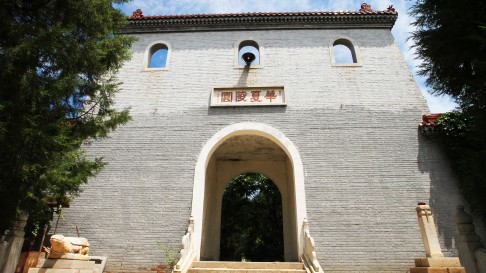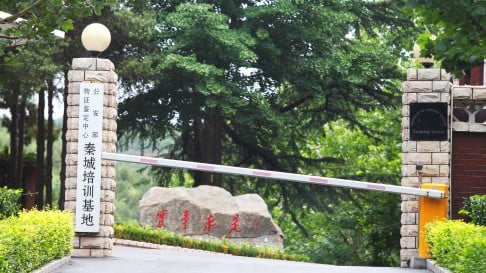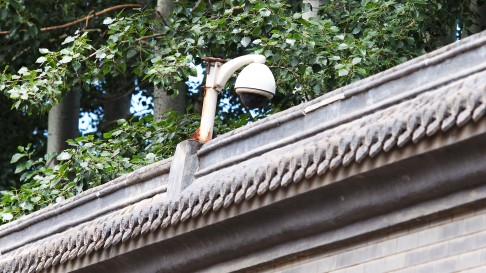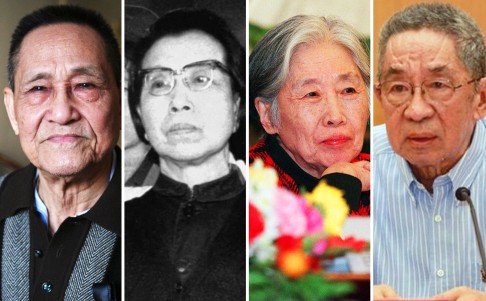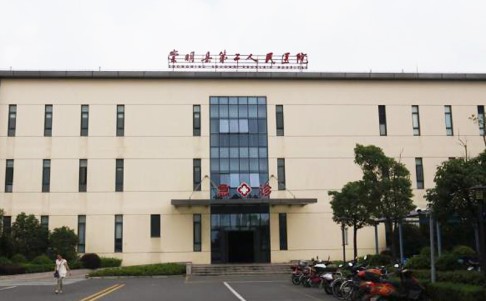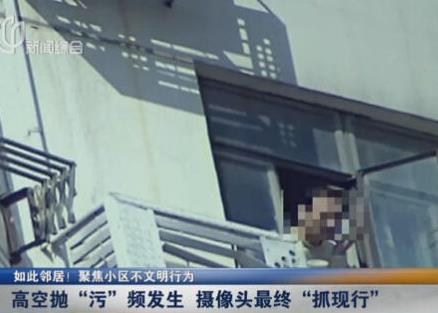A mother’s battle against China’s polluting incinerators that ‘caused son’s health problems’
Housewife educates herself on environmental law in bid to shut waste plants
PUBLISHED : Sunday, 07 June, 2015, 10:53pm
UPDATED : Monday, 08 June, 2015, 12:17am
Li Jing [email protected]

Smoke rises from a household waste incineration plant in Wuhan, Hubei province. Photo: ImagineChina
Ren Rui used to read only cookbooks, but the housewife in Wuhan, Hubei province, taught herself environmental law after she began a fight to close two local incinerators – one burning domestic rubbish and the other, medical waste.
Her six-year-old son has undergone nine operations on his respiratory system after he started coughing blood when he was three – when the medical waste incinerator went into operation without official approval.
“I am only a housewife, but I had to learn all the policies on incinerators by myself, for my son,” Ren, 36, said.
She was later joined by her neighbours in repeatedly filing lawsuits against the two incinerators for damaging the environment and public health. Constantly faced with a pungent odour in the air, they fear the emissions are toxic.
About 30 people in the neighbourhood have fallen ill since 2012, some getting cancer while others develop severe respiratory diseases. There is no official word on whether the pollution and the illnesses are linked.
The group applied to the municipal government for information on the incinerators – including emissions data – but their requests went unheeded. It was not until this year, after a revised environmental law took effect, that their case was accepted by a local court.
But they had to lower their compensation demand from 700,000 yuan (HK$885,000) to just seven yuan as they could not afford the litigation fee for the higher claim. The case has yet to be heard.
The environmental authorities – at both national and provincial levels – have admitted the medical waste incinerator did not undergo an environmental impact assessment.
It suspended operations in 2013 but resumed burning waste after receiving all the approvals last year. Authorities have said the other incinerator failed to treat its sewage properly.
“Does this mean … all their law-breaking practices no longer matter? What about my son’s health problems,” Ren asked.
Plans to build incinerators in cities have been met with strong public opposition across the country, although authorities still consider them a key way to deal with a worsening rubbish crisis as urbanisation intensifies.
Recent research has found most of the mainland’s 160 incinerators failed to give the public adequate pollution information.
Environmental authorities in 103 cities offered emission data for only 65 incinerators, and officials from only 39 incinerators responded to questions on how they handle fly ash – the residue from burning. Only 13 incinerators gave the green groups data on their dioxin emissions.
Dioxin is a known carcinogen, while fly ash is classified as a “hazardous chemical” as it may contain toxic substances. They therefore require special treatment by licensed firms.
But only eight incinerators sent fly ash for proper treatment. These posed health risks to the public, the green groups said.
Some city governments refused to share pollution data with green groups as they were suspicious of their motives, said Yue Caixuan, of Wuhu Ecology Centre, an NGO that has helped seek information from governments.
“They even thought we were spies … But I am just a citizen wanting to know whether incinerators are safe,” Yue said.
Public trust in incinerators was determined by the degree of transparency about their operations, said Chen Liwen, of green group Nature University.
“Information boards at many incinerators … are usually left blank, even those that governments praise as ‘model’ ones.”

